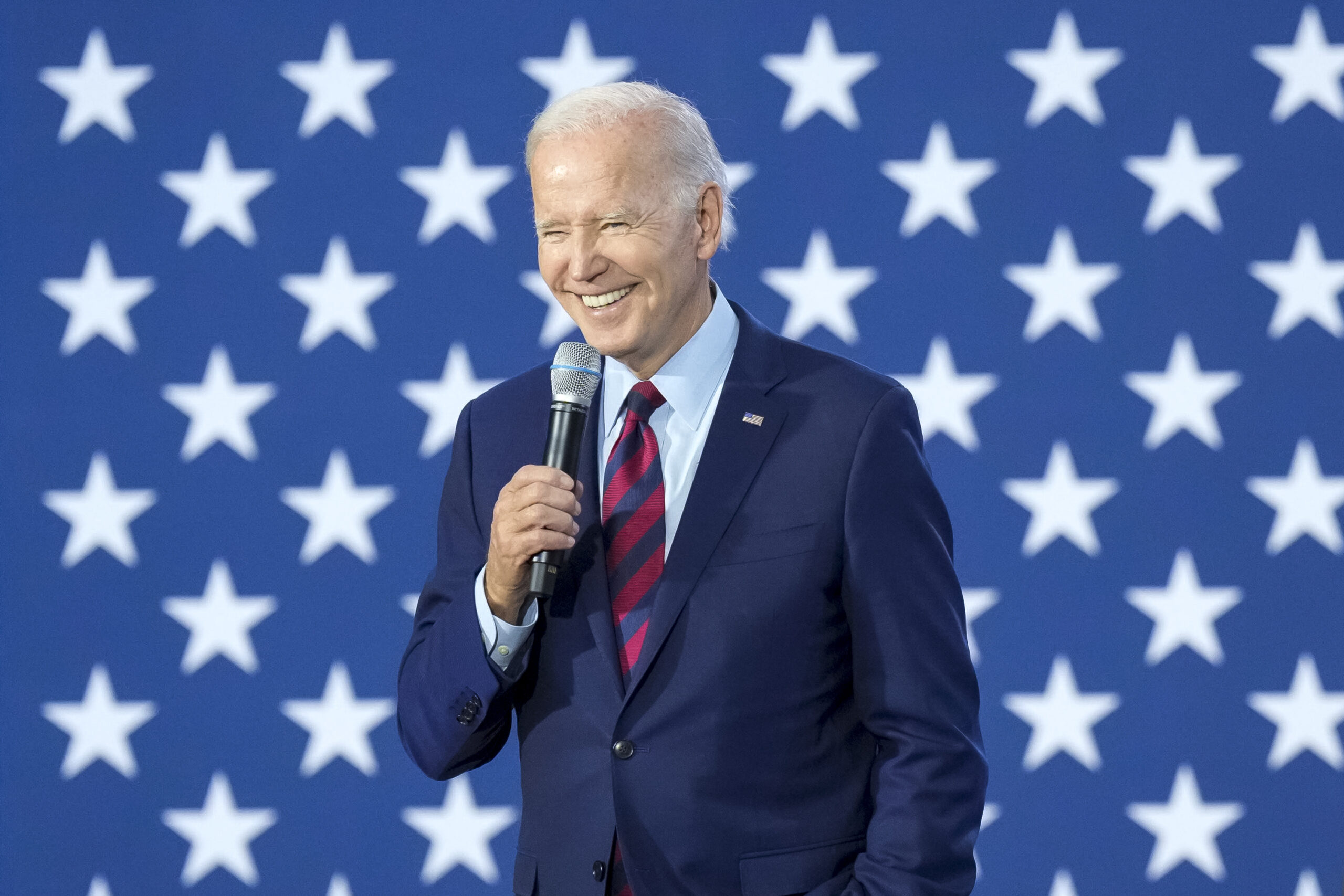Will the US form a new alliance with Japan and South Korea?

All expectations on the Camp David summit between the USA, Japan and South Korea to be held on Friday
An unprecedented three-way summit between the US, Japan and South Korea will be held on Friday at Camp David. Is it the prelude to the birth of a formal trilateral alliance between three powers cemented by common interests such as the need to contain Chinese expansionism or to face North Korea's missile provocations? A freshly-pressed article in the Economist delves into the merits of the matter by dissecting all the advantages and limitations of an operation that is certainly unprecedented and daring.
Three-way summit at Camp David
It used to be literally impossible to get the leaders of Japan and South Korea together in the same room. But this is exactly what will happen on Friday at Camp David, hopes Joe Biden, who will welcome Japanese Prime Minister Kishida Fumio and South Korean President Yoon Suk-yeol.
New alignments
Much water has passed under the bridge since the two Asian countries hated each other. However, both now have to deal with common threats such as Chinese assertiveness, North Korea's belligerence and Russian aggression in Ukraine, all factors that have led to an alignment of interests between Tokyo and Seoul.
In May, Kishida paid the first official visit by a Japanese leader to the South Korean capital in more than a decade. The defense ministers of the two countries met in June with their American colleague and pledged to share intelligence information on Pyongyang's missile launches. In May, a Japanese cruiser stopped in a South Korean port. In short, there are signs of a mutual interest in improving the bilateral relationship.
US move
Now the US wants to capitalize on the improved relationship on the Tokyo-Seoul axis by involving the two partners in something like a trilateral alliance. Camp David will discuss how to cement strategic defense ties. But we will also talk about production chains and semiconductors. And who knows if in the confidential talks the leaders will be able to address the issue of Samsung's overinvestment for a new microchip factory in Japan.
China at the window
China obviously doesn't look kindly on this honeymoon. During a recent forum in China, Beijing's new Foreign Minister Wang Yi told his Japanese and South Korean interlocutors: "it doesn't matter if you dye your hair blond, you will never become a European or an American."
The structural limits of the operation
Even if, in the era of tensions in the Indo-Pacific, it will be difficult to dissolve the new embrace between the USA, Japan and South Korea, the tripartite alliance suffers from structural limitations which essentially refer to the ancient mutual suspicions nourished by the last two.
For South Korea, the presence or role of the Japanese armed forces still remains a difficult toad to digest. For its part, Tokyo will have to deal with the apparent incompatibility between its pacifist constitution and the signing of a new alliance.
Japan, South Korea and the US also have different security priorities. Seoul's obsession is called Kim Jong-un, while Tokyo worries about a potential conflict in Taiwan that South Korea is hesitant to.
America would like to use the new trilateral platform to launch a dialogue on how to improve nuclear deterrence, but Seoul and Tokyo's approaches to the issue are very different: to quote Sahashi Ryo, a professor at the University of Tokyo, "the Japan wants extended deterrence to be as invisible as possible, while South Korea wants it as visible as possible.
There are also internal political problems. With his open-minded approach, Yoon risks alienating the sympathy of that slice of the electorate that still shudders over Tokyo's war crimes. For his part. Kishida has to contend with his party's nationalist sentiments. And if Donald Trump wins in America in 2024, there would be less room for new formal alliances.
Nevertheless, Camp David will try to study a format that can institutionalize relations between the three powers, avoiding the possibility that future leaders can dismantle the work done. Among the ideas under discussion will be the construction of a hotline and the periodic convening of trilateral summits.
The conclusion of the Economist is clear: if fear makes headlines, America, South Korea and Japan will find a way to overcome the ancient rusts and give a formal framework to increasingly profound relationships.
This is a machine translation from Italian language of a post published on Start Magazine at the URL https://www.startmag.it/mondo/vertice-camp-david-usa-giappone-corea-del-sud/ on Mon, 14 Aug 2023 05:55:37 +0000.
